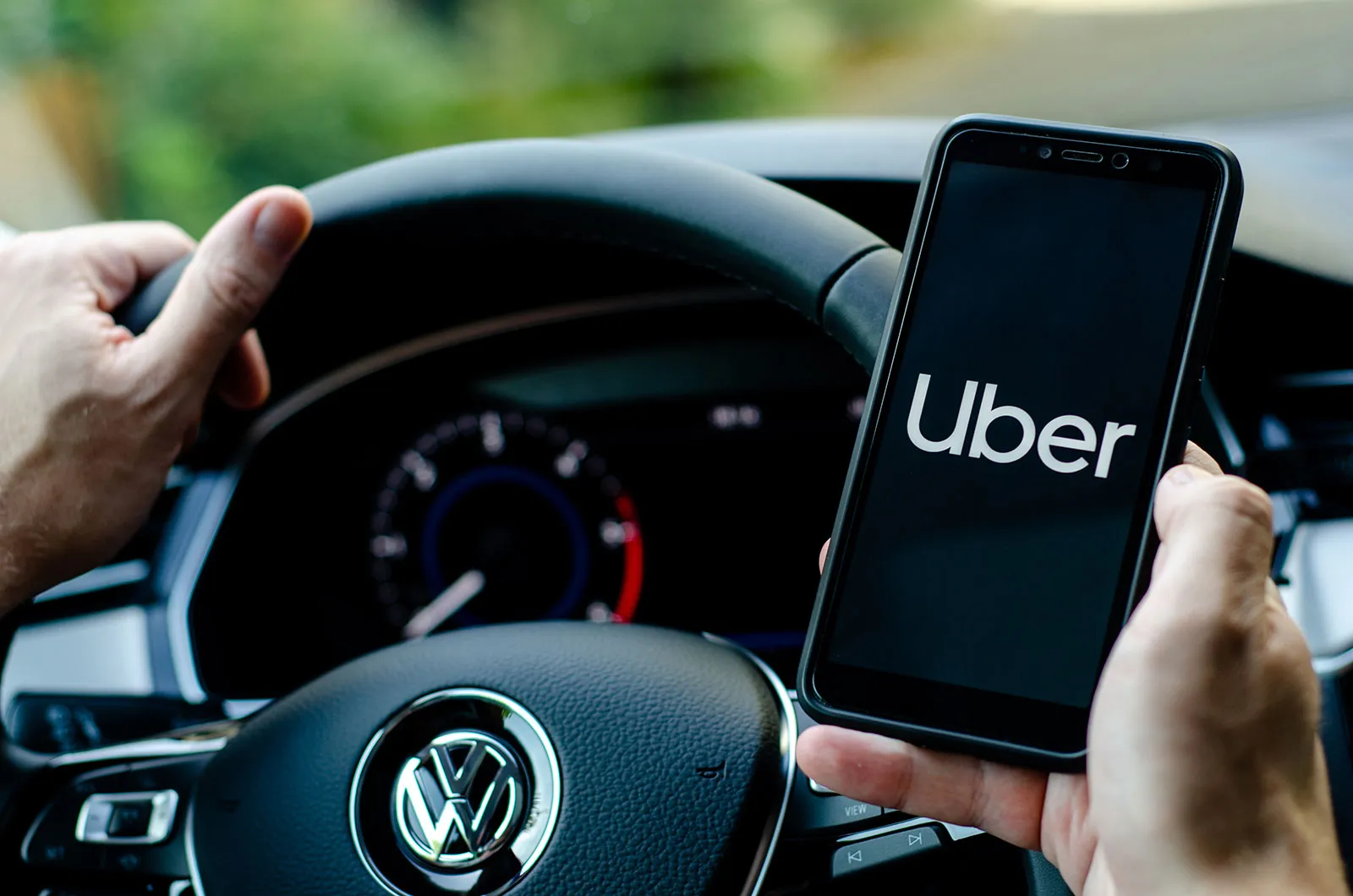
- Stocks
Uber loses appeal over gig work law
Do you want to know how to make money from this?
Register for free and get expert advice, access to a training course and webinars.
Key points:
- Uber failed to prove that California’s 2020 law (AB5) unfairly singles out transportation companies for taxes.
- US employer groups have sued the Biden administration, challenging its efforts to limit companies’ ability to classify workers as contractors.
- Monday’s ruling by 11 district court judges overturned that previous victory for Uber.
The U.S. Court of Appeals on Monday denied Uber and its subsidiary Postmate a review of its decision to revive its challenge to the California law. The law requires companies to classify drivers as employees rather than independent contractors, which typically results in lower costs for companies.
The court’s decision
The 11-judge 9th U.S. Circuit Court of Appeals in San Francisco upheld the lower court’s decision. A lower court ruled that Uber failed to make a compelling case that California’s 2020 law, known as AB5, unfairly singles out app-based transportation companies for taxes while other industries are exempt.
Uber said on Monday that the court’s decision would not affect the status of the company’s relationship with drivers. Under the 2020 ballot initiative known as Proposition 22, Uber drivers would continue to be considered contractors.
The fate of Proposition 22 will be decided in a separate case before the state Supreme Court. Last month, the court heard arguments from the union and four drivers who argue the ballot measure is unconstitutional.
A spokesman for the California Attorney General’s Office had no immediate comment.
The 9th Circuit said in its ruling that “there are compelling reasons to treat companies providing transportation and delivery services differently from other types of companies providing services through referrals.”
Uber isn’t the only one facing litigation
Ride-hailing services like Uber and Postmate typically classify their workers as contractors to have more control over costs. It has become a point of contention amid a broader national debate over whether state, federal or other regulations should require more companies to classify their workers as employees.
In March, groups of U.S. employers sued the Biden administration in federal court, challenging its efforts to limit companies’ ability to classify some workers as independent contractors rather than employees.
Research has shown that contract workers can cost companies up to 30% more than contract workers.
The Massachusetts Supreme Court is currently considering whether to put a proposal to voters in November that would change the nature of the labor relations between ride-hailing drivers and their employers in the state.
California’s AB5 tightened the rules for determining whether workers are truly independent contractors. The law requires companies to prove that workers are not under their direct control, are not involved in the company’s core activities, and are running their own independent business.
Uber and two of its drivers sued the state of California in December 2019, calling AB5 “an irrational and unconstitutional law designed to harass and stifle workers and companies in the on-demand economy.”
A federal judge in Los Angeles dismissed the lawsuit initially. But last year, a three-judge panel of the 9th Circuit Court of Appeals revived the case, saying the law’s “phased out” exceptions were sufficient to support Uber’s claim. Monday’s ruling by 11 district court judges overturned that previous victory for Uber.
Do you want to know
How to make money from the news
Register for free and get:
- Expert consultation;
- Access to the training course;
- Opportunity to participate in webinars

